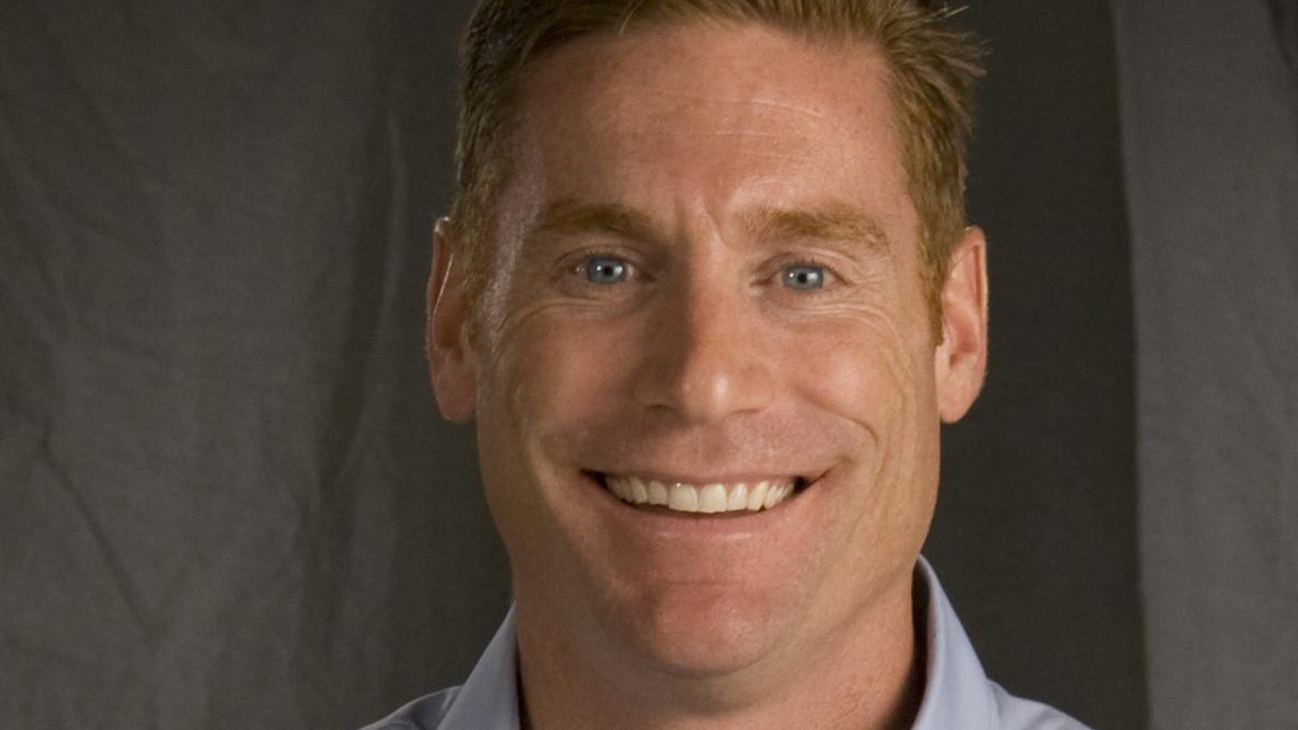While serving as the Director of Mental Training for the St. Louis Cardinals, Dr. Jason Selk helped the team win their first World Series in over 20 years, and in 2011 he assisted the Cardinals in the historic feat of winning their second World Championship in a six year period. Considered to be one of the nation’s premier performance coaches, Dr. Selk helps numerous well-known professional and Olympic athletes as well as Fortune 500 and Fortune 100 executives and organizations develop the mental toughness necessary for high-level success. In this article for Forbes, Dr. Selk stresses that the need for good planning is as important as the need to “stay in the now”:
Life coaches and therapists often encourage people to “be in the now.” Yes, one needs to learn to focus 100 percent effort on the task at hand without getting distracted; however, to achieve excellence, one actually needs to think about and plan for tomorrow. Organizing your day before the day begins is one of the most important activities for developing mental toughness and improving productivity—and it needs to be done daily.
Organizing Tomorrow Today (OTT)
Begin to form the daily habit of taking no more than 10-15 minutes to identify and write down only what is most important to get done during the upcoming day. The goal of OTT is not to list everything that needs to be completed in the upcoming day. OTT’s main intent is to get you in the habit of practicing the tool of prioritization. Highly successful people do not get everything done each day, not even close. They have learned to get the most important tasks completed, and then to do their best to get the rest done. OTT will serve as your training ground for becoming a master at prioritizing.
The tendency with normal “to do” lists is to start with the easier items first. Most people believe that getting an easy task out of the way will produce momentum. They believe this will help them sail through the more difficult and important “to do’s” at some point later in the day. One problem: this doesn’t work. This is really just an elaborate way of procrastinating. Most people keep themselves busy all day checking off their not-so-important “to-do’s” and never get the truly important items completed.
The OTT Tool
When organizing tomorrow today, write down the following on a clean sheet of paper:
“Big 3” Tasks: Figure out your three most important tasks that need to be completed for the upcoming day. In addition, write down the time you will complete each of the three. You may still have a separate more comprehensive list of “to-do’s,” but remember, these three are your most important.
“Top 3” Meetings: Most people have phone or face-to-face meetings daily. To better execute in those meetings, write down your three most important meetings, including the PURPOSE, or main goal of the meeting, and APPROACH, or what you will say to better increase your chance of achieving the main goal for the meeting.
Making OTT Work For You
Ideally, the OTT exercise should take 10-15 minutes every day to complete. Some days you will run short on time. On those days, don’t skip this exercise altogether. At a bare minimum, five minutes, even two minutes, put toward organizing the upcoming day is better than taking a zero and not doing it at all.
Be sure to complete the OTT exercise before the end of the day. If you wait until the very end of the day, it is quite likely you will not find the time to actually do so. OTT seems to work best when completed around 3:00 pm or just before lunch. Some people make a rule not to have their first bite of lunch until OTT is complete.
The key is to realize that you will never get everything done on any one given day. However, you must always get the most important tasks completed daily. Organize tomorrow today is a tool that teaches you to prioritize what is most important. Remember, highly successful people do not get everything done each day, but they have learned to get the most important things completed daily.

